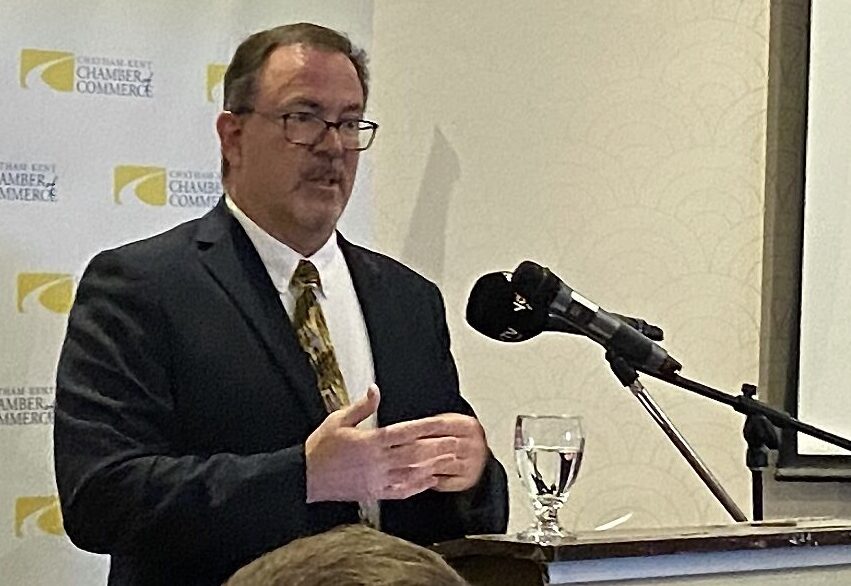
Although there’s a risk they may lose out on money from the province, Chatham-Kent council reiterated their stance on the province giving their mayor strong mayor powers—telling the province they’re not interested.
In September, Chatham-Kent council voted to set a housing target goal and would seek Building Faster Fund money to meet its 1,100-home target by 2031, but decline accepting strong mayor powers.
Getting no answer from the province whether they received their request for declining strong mayor powers, council passed a motion at their October 30 council meeting, reaffirming their housing target but saying once again they are not interested in strong mayor powers.
By not taking on strong mayor powers, there’s a risk that Chatham-Kent could be missing out on funding from the province, although they haven’t been told specifically by the province whether the funding is tied into accepting strong mayor powers.
Chatham-Kent has easily met the housing goals that were assigned to them, said mayor Darrin Canniff.
“We’re at 301 percent of our target so far this year,” Canniff said. If Chatham-Kent hits their housing targets, they are looking at receiving a minimum of $330,000 annually from the province.
If the province decides not to fund Chatham-Kent based on their strong mayor stance, there’s a possibility they could lose out on $1-million over the next three years.
Strong mayor powers include being responsible for preparing and tabling the municipal budget, instead of council, and hiring and firing department heads. It also allows mayors to veto council decisions that could interfere with provincial housing priorities.
Chatham-Kent isn’t the only Ontario municipality that has resisted giving their mayor strong mayor powers, and have decided to decline the strong mayor powers. Belleville Mayor Neil Ellis has declined the provincial offer, while the heads of other municipal governments in Ontario have said they simply will not use the powers.




